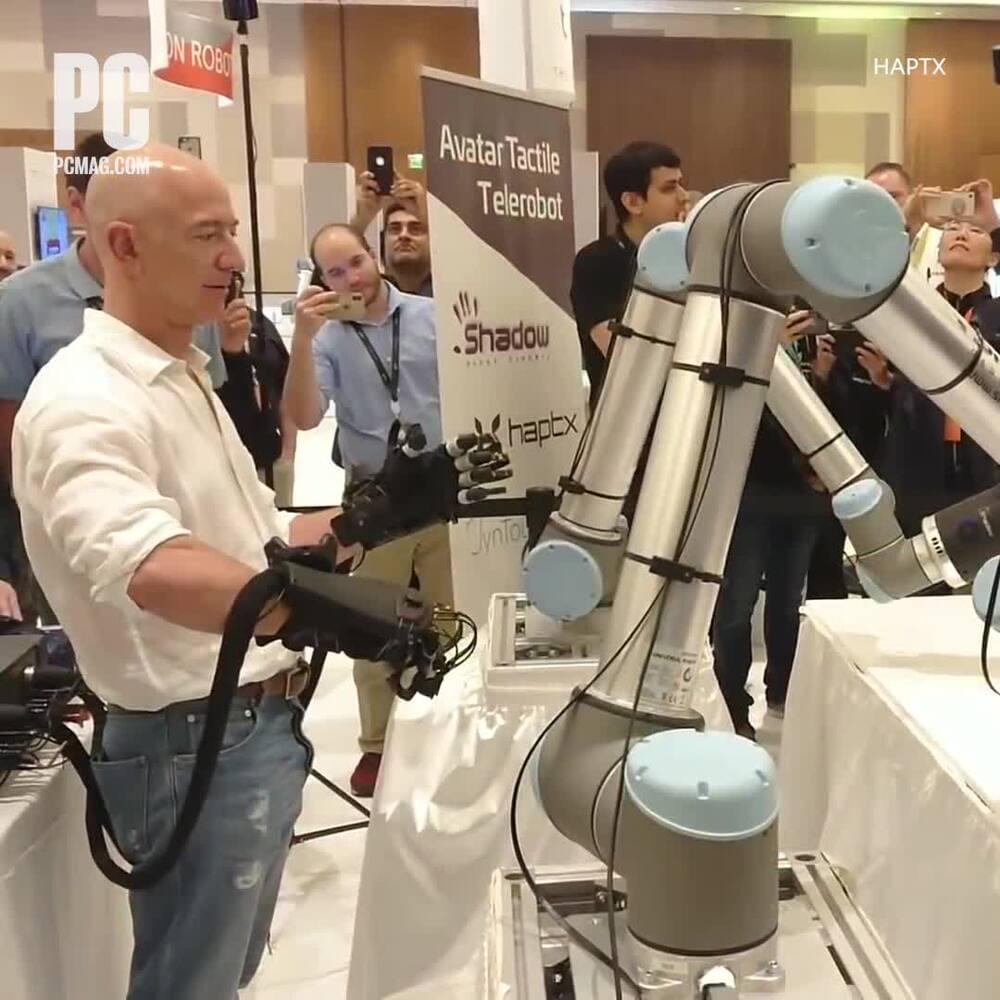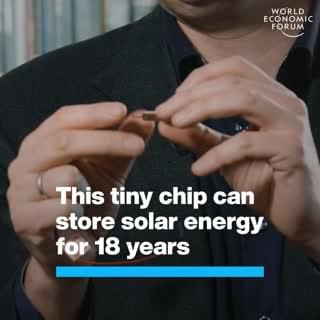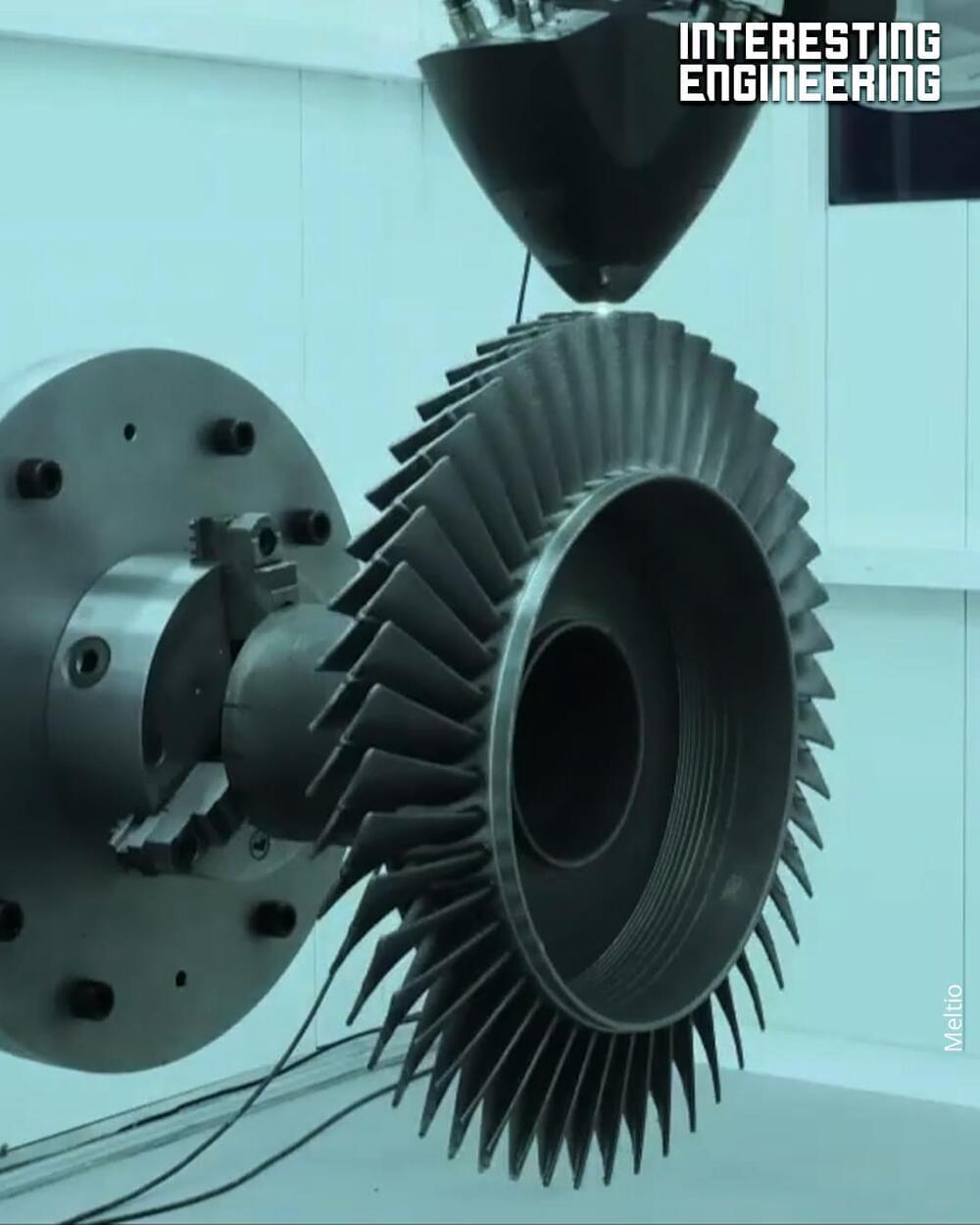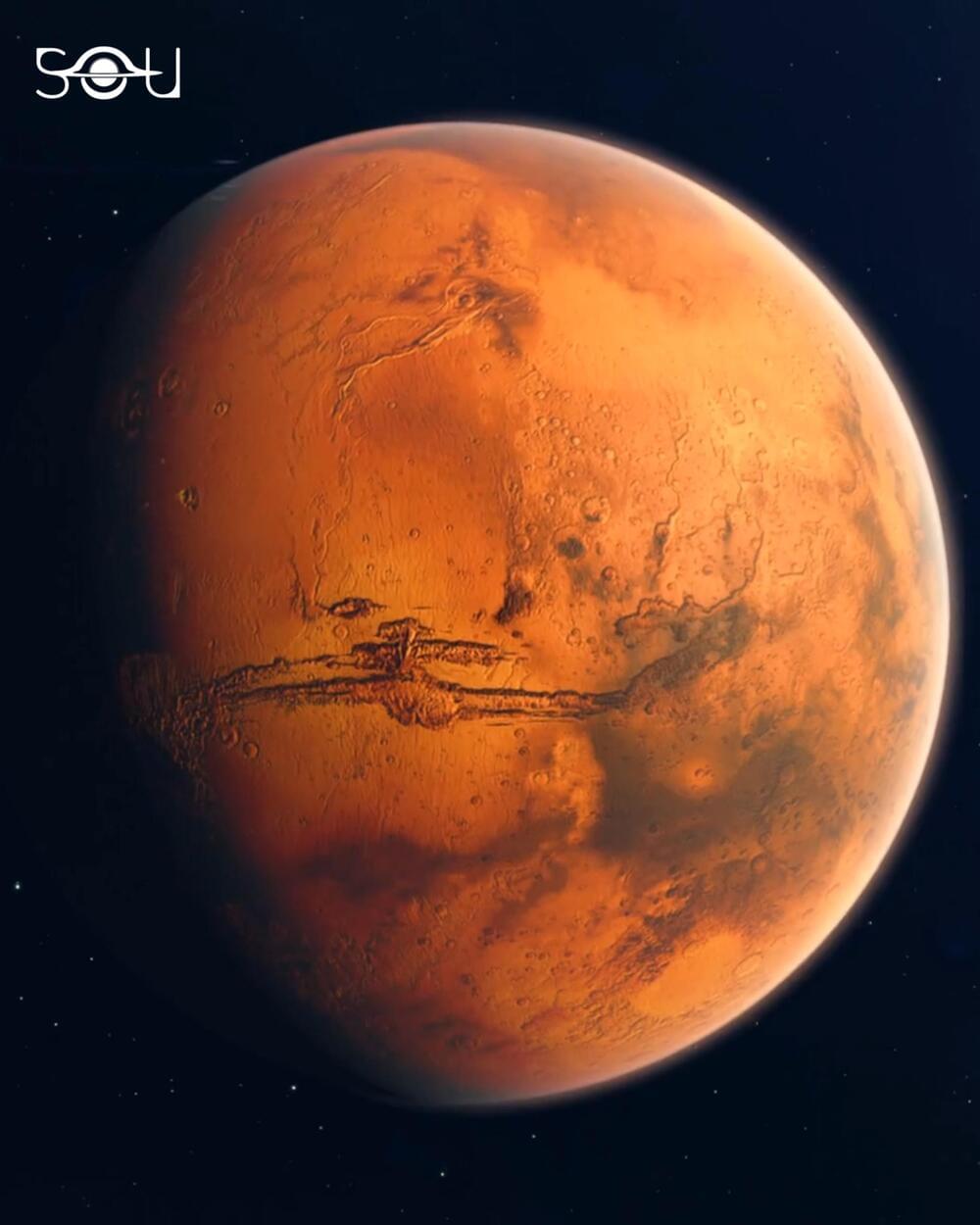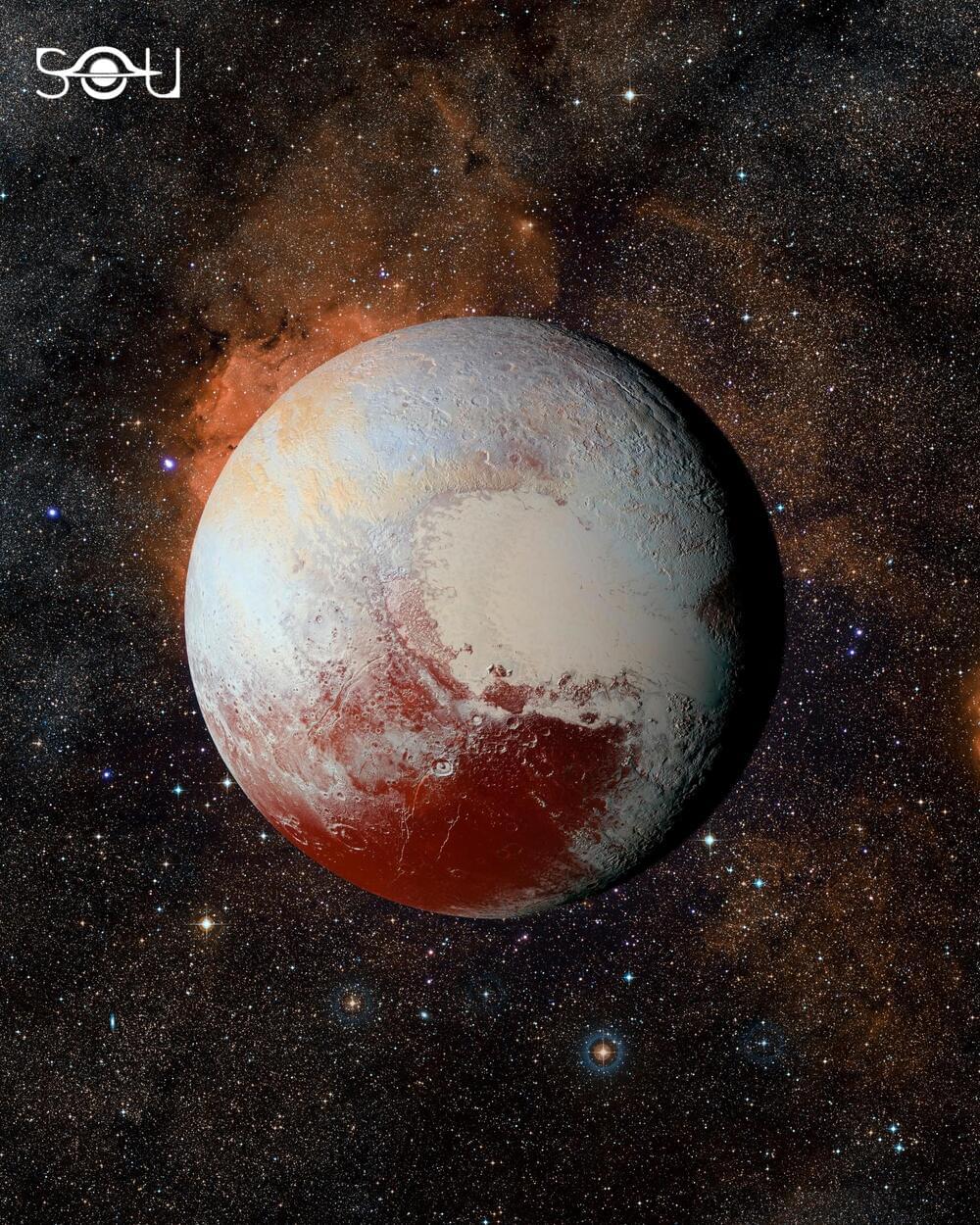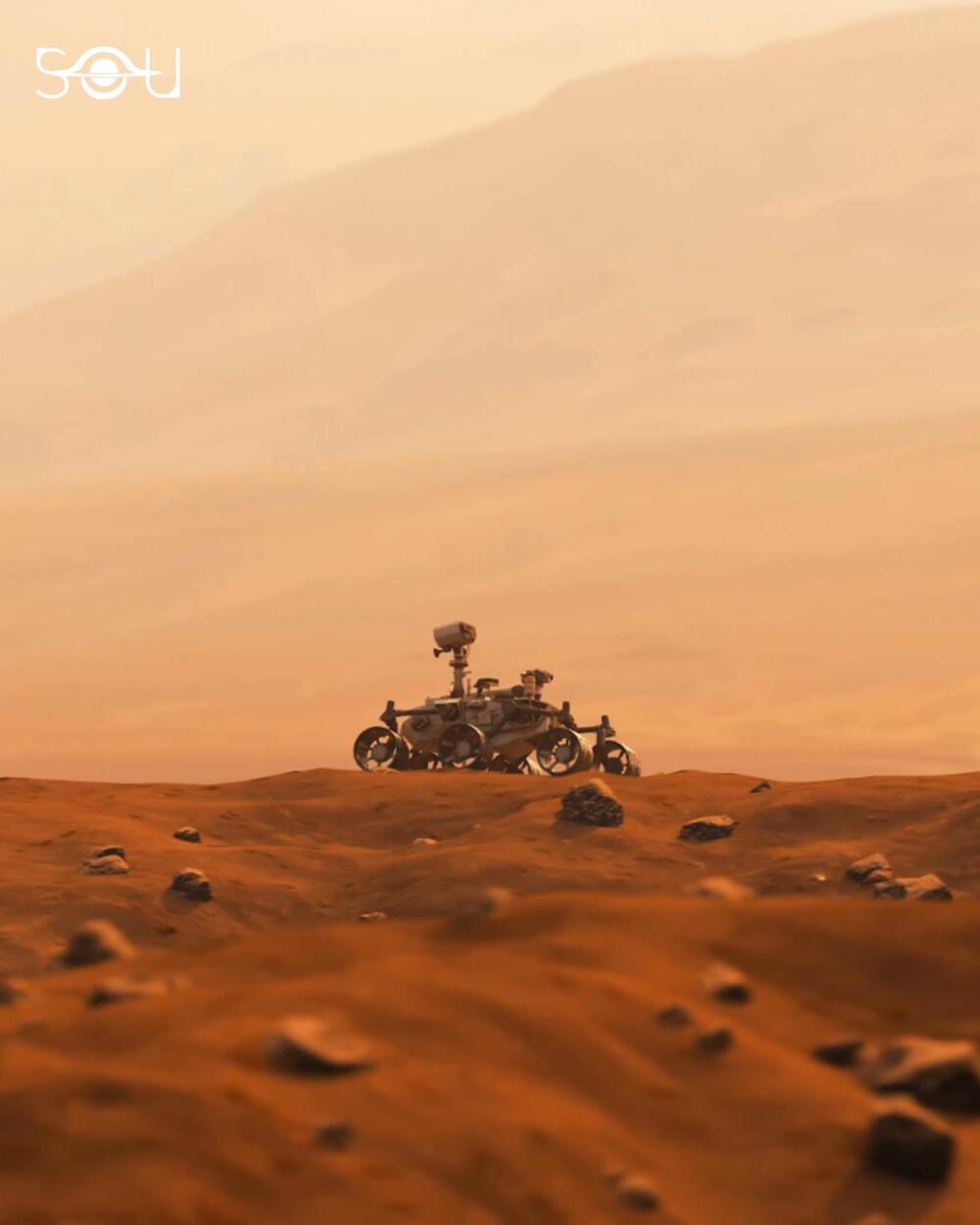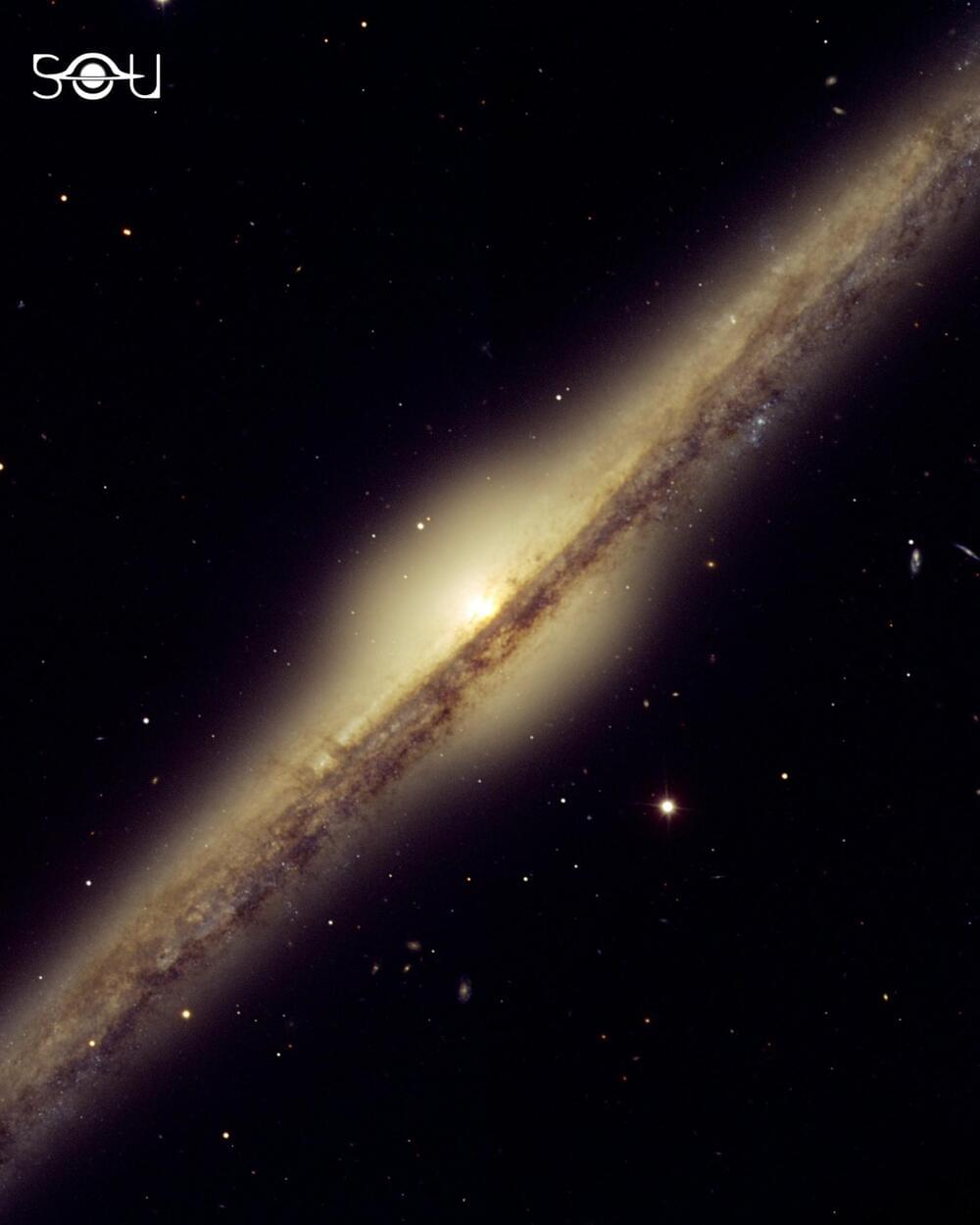Liberland Metaverse concept is based on the Free Republic of Liberland, an unrecognized microstate between Croatia and Serbia. According to its creator, British design firm Zaha Hadid Architects, Metaverse is designed to serve as “a virtual industry synergy and networking hub for crypto projects, crypto companies, and crypto events.”


